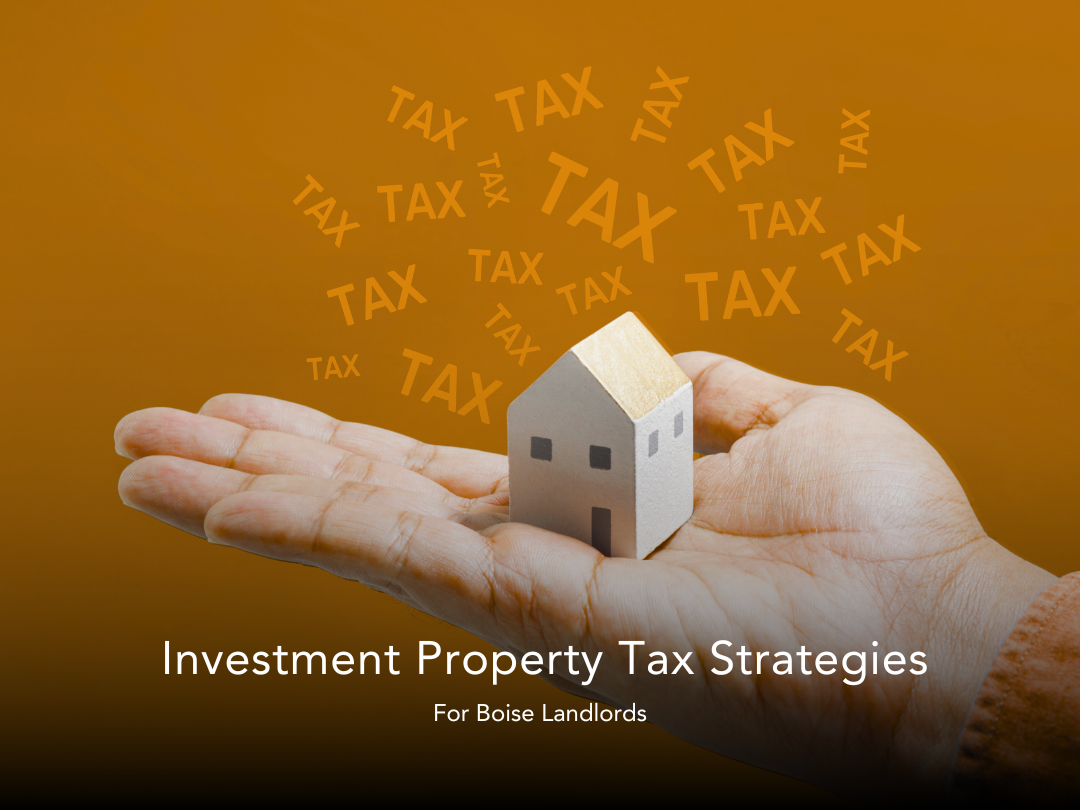Embarking on a real estate investment journey is a dynamic and potentially profitable endeavor. The benefits of finding and managing the right real estate investment are vast, ranging from appreciating home values to generating a stable monthly income.
However, before diving into the world of real estate, it's important to consider the types of investment properties and the unique advantages and challenges each one presents. Let’s explore some popular investment strategies.
Renovate and Flip
For investors with ample liquidity and a knack for renovations, fix-and-flip properties can be an attractive option. The idea is to purchase properties with potential in up-and-coming neighborhoods, renovate them, and sell them quickly for a profit. However, there are both positives and negatives to consider.
The Positives:
Opportunity to get into lucrative neighborhoods with less upfront investment.
Potential for negotiating favorable deals, especially with direct purchases.
Utilization of the Buy, Repair, Rent, Refinance, and Repeat (BRRRR) method for ongoing investment growth.
The Negatives:
Requires significant time and effort, making it a less passive investment.
Financing can be challenging, often requiring hard money loans with high interest rates.
The risk of going underwater on the loan if market transitions are not fast enough.
Vacation Rentals
Despite the challenges posed by events like COVID-19, short-term vacation rentals remain a viable option. While they demand more hands-on management, they can offer profits up to 30% higher than long-term leases.
The Positives:
Allows homeowners to profit from unoccupied properties.
Potential for higher return on investment compared to other strategies.
Flexibility to use the property when not rented through platforms like Airbnb or Vrbo.
The Negatives:
High maintenance and cleaning costs due to frequent turnovers.
Need for a robust system for property cleaning and inspection after each rental.
Property management fees can cut into profit margins.
Long-Term Rentals
Investing in and renting out properties for extended periods offers stability and passive income. However, management responsibilities can vary depending on whether you choose to handle them yourself or hire a property management company.
The Positives:
Offers peace, security, and passive income.
Allows for paying off mortgages while building a diversified portfolio.
Accessible entry point for real estate investment with the right financing.
The Negatives:
Managing long-term rentals can be time-consuming and expensive.
Dependence on tenants for rental income, posing potential financial risks.
Legal battles and property damage can impact returns.
Real Estate Investment Trusts (REITs)
REITs are companies that manage commercial properties to generate returns for investors. This strategy is known for providing strong passive income but comes with its own set of pros and cons.
The Positives:
Passive income accrual with diverse commercial business opportunities.
Suitable for retirement planning as REIT funds can be kept in nontaxable retirement accounts.
Opportunity to reinvest income without incurring tax penalties.
The Negatives:
Not all REITs are equally lucrative.
Difficulty in selling and gauging the value of some non-publicly traded REITs.
Initial challenges in generating profits while waiting for property success.
Every real estate investment strategy has its unique set of advantages and challenges. Before expanding your portfolio with renovations, rentals, or REITs, conduct a thorough analysis. Start by budgeting, setting a timeline, and clarifying your goals. Seek advice from qualified real estate and financial professionals to ensure a profitable and well-prepared investment journey.
For more information on real estate investment and property management, contact 208.properties or find us on social media. Happy investing!









